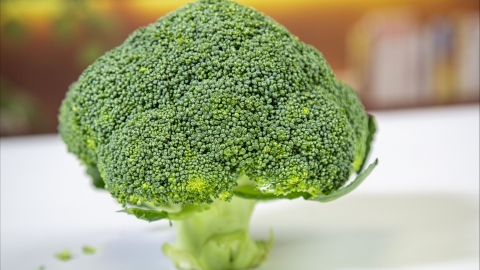Can patients with cholecystitis eat broccoli?
Generally, patients with cholecystitis can eat broccoli, but should do so in moderation. Detailed analysis is as follows:

Broccoli is rich in dietary fiber, vitamin C, vitamin K, and various minerals. The dietary fiber promotes intestinal motility, aids digestion, reduces the retention time of food in the intestines, prevents excessive fat accumulation, and thereby reduces the digestive burden on the gallbladder. Meanwhile, nutrients such as vitamins help enhance the body's immunity and support normal function of the gallbladder and digestive system. Moreover, broccoli is low in fat; when prepared using light cooking methods, it does not stimulate strong gallbladder contractions, making it suitable for nutritional supplementation in cholecystitis patients.
When cooking broccoli, avoid frying or stir-frying with excessive oil. Instead, prefer blanching followed by cold mixing, light stir-frying, or boiling into soup. Control portion sizes—do not consume too much at once—to prevent bloating caused by excessive dietary fiber. During acute flare-ups, consumption should be temporarily stopped and only gradually reintroduced after symptoms subside and the condition stabilizes. After eating, monitor your body's response and discontinue immediately if any discomfort occurs.






